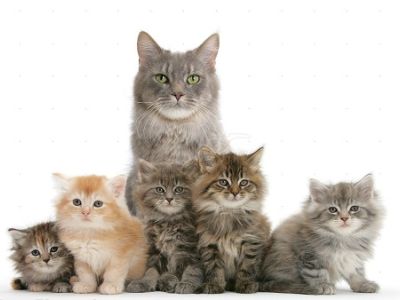Breast Cancer in Animals

Everyone reading this is a mammal and one of the things that pegs us as mammals and unites us all is……breasts. Yes, even the men and boys.
It still seems to shock people to learn that dogs, cats, rabbits, rats and a host of other domestic species can get breast cancer too. The aim of breast cancer awareness is to raise understanding for those who can’t speak for themselves and raise awareness of mammary cancer in companion animals. We need to educate owners that breast cancer and mammary gland cancer are the same disease, it’s just called by a different name in other species.
Some numbers that may illustrate the risk to dogs and cats: For humans, breast cancer happens more frequently in developed countries and accounts for about 10% of deaths in women between 20-59. Data for animals is harder to source, but estimates are that 1 in 4 dogs that are not spayed and experience more than one heat, will develop mammary tumours.
Dogs and cats that are spayed before they are sexually mature, around 6 months of age, are most unlikely to suffer mammary cancer.
The terminology surrounding lumps, tumours and cancer can be a little daunting and confusing. The word tumour does not always mean cancer. Cancer implies malignancy or a likelihood to spread to other parts of the body. It is a process known as metastasis, in which a tumour infiltrates new regions of the body for growth. A tumour can be benign or malignant, but cancer is always malignant.
Desexing a pet will also have other added benefits:
- Reduce the risk of uterine infections and false pregnancies
- Prevents reproductive cycle behaviours, like a cat ‘calling’ when on heat or bleeding from the vulva when in season
- Eliminates the risk of pregnancy including all the life-threatening issues associated with birth and nurturing
- Reduces animal’s likelihood to roam
- Less likely to show aggressive behaviour
This may all sound complex and intimidating, but the message is simple:
Desex your pets, prior to them coming into season, unless you have a breeding plan for pure-bred pets. This will reduce a number of hormonal type medical conditions in the long term that may prove fatal in male and female pets. It may also make your pet more family friendly.



